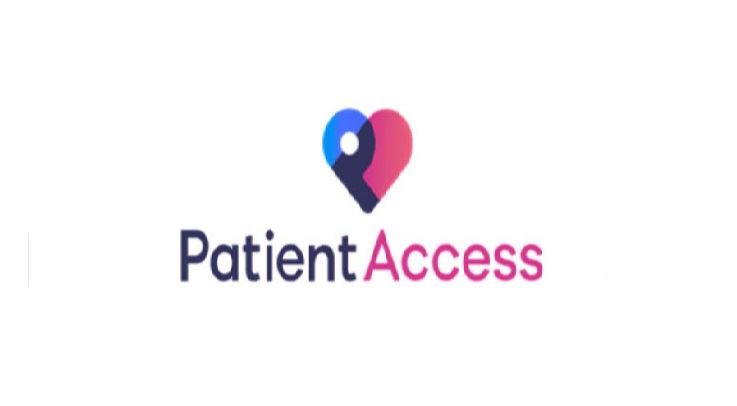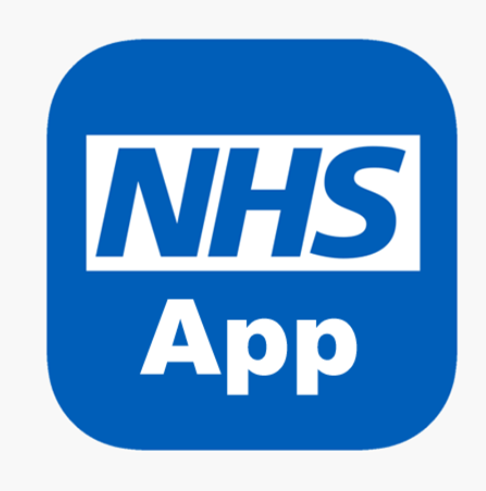Please note: we do not accept repeat prescription requests over the phone.
The easiest ways to order repeat prescriptions are:
- using your NHS account (through the NHS website or in the NHS App)
- using the GP online system via the link at the top of this page
These accounts show you all your repeat medicine and dosage and you can choose the ones you need.
You can also:
- email your order to us at kapur.familycare@nhs.net
- hand in your repeat order slip. If you do not have your order slip, the receptionist can print one for you.
- post – enclosing the order slip with items ticked and a stamped, addressed envelope for return. Due to possible delays with the postal service we do not recommended this method of ordering.
Your name, date of birth and full name of medication required must be included on all orders






